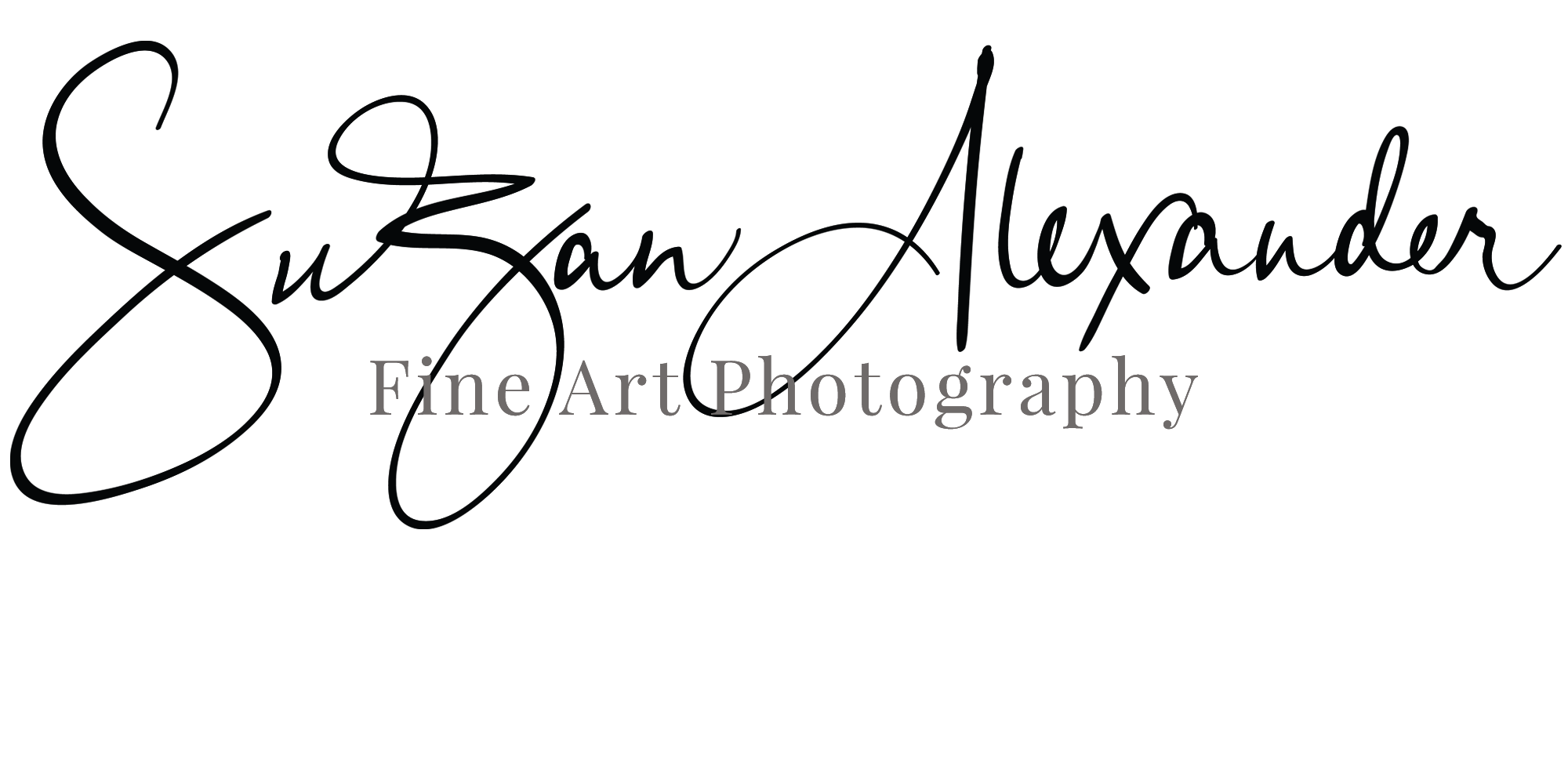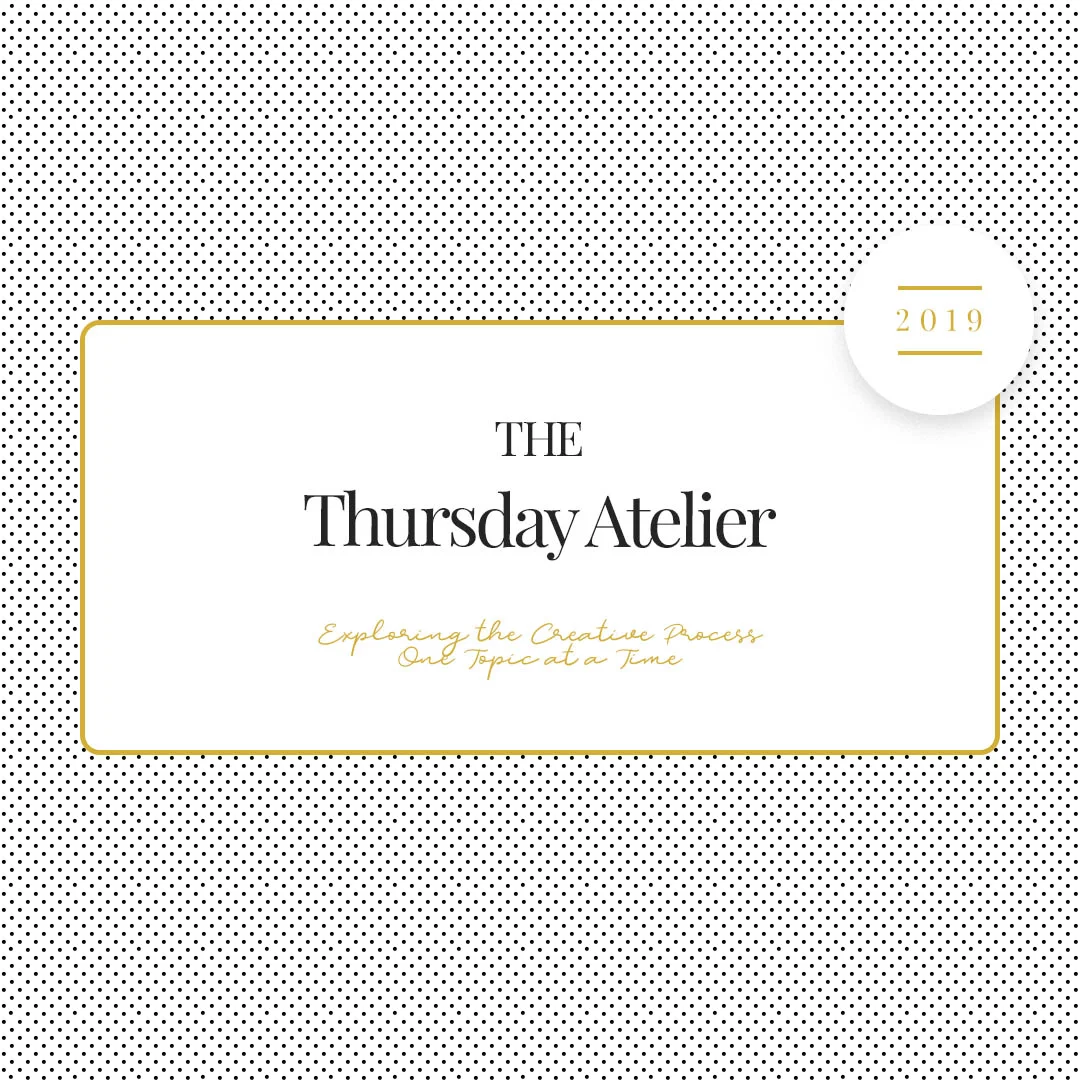INSPIRING EACH OTHER - THURSDAY ATELIER
Please bear with me because this is going to be a long blog post. I know I already wrote an introduction to the Thursday Atelier series, but if you will indulge me one more post to hopefully encourage you to join me here on Thursdays - regardless of your creative medium of choice, so we can explore the importance of a community and inspiring one another.
““ Good artists copy, great artists steal” ”
QUOTE
I know you have heard or read this quote before. It has been attributed to W.H. Davenport Adams, to Pablo Picasso, to Steve Jobs, and everyone in between.
“That great poets imitate and improve, whereas small ones steal and spoil.” - W.H. Davenport Adams (1892)
“Immature poets imitate; mature poets steal;…” - T.S. Eliot (1920)
“A good composer does not imitate, he steals.” Igor Stravinsky (c. 1967)
“…immature artists copy, great artists steal.” - William Faulkner (1974)
No matter whom you credit, the quote is brilliant don’t you think? The irony that SO many people are credited with the various versions of this quote makes me giggle a bit. It somehow seems appropriate and becomes an illustration of exactly what the quote is meant to impart.
I think we can all agree that stealing is bad. Plagiarism is bad. But, I don’t think that is exactly what this quote is addressing. I have done a little informal research, so let’s delve a little deeper into what I believe the quote means.
FINDING INSPIRATION
In this case, I think the point is that an artist is informed by the work of other artists. So, as an analogy of a good artist copying, I think of aspiring artists/students who begin training by reproducing the Masters works as a means of learning. Whereas, more mature artists find a particular writing style, a color palette, a brush stroke, … whatever the case may be, and then explores it, uses it, and makes it his/her own. Do you see the difference?
The list of artists inspiring one another is long and impressive. However, I think the most unlikely inspiration you may not be aware of are the inspirations that cross artistic mediums. An example of this is Ernest Hemingway crediting his writing style to his regular trips to the Luxembourg Museum in Paris to admire paintings. I have read a few accounts that he specifically credited Cezanne’s paintings. Is the quote true? I could not find definitive proof, but let’s just go with it shall we?
HEMINGWAY AND CEZANNE
Right about now I hear you saying, “Hemingway and Cezanne? WHAT?!” But, think about the broad, sweeping brush strokes Cezanne used in his Impressionist style. He certainly did not use a paint brush with two hairs to render minute details in his paintings. Now think about Hemingway’s succinct writing style leaving us to fill in the details. Both styles employ economy of words/brush strokes that still gives you the right amount of information. Sit with that for a moment. They were working in completely different mediums and yet…
“If someone want to copy Las Meninas, entirely in good faith, for example, upon reaching a certain point and if that one was me, I would say..what if you put them a little more to the right or left? I’ll try to do it my way, forgetting about Velázquez. The test would surely bring me to modify or change the light because of having changed the position of a character. So, little by little, that would be a detestable Meninas for a traditional painter, but would be my Meninas.”
There are so many other examples, but if I shared them all, I doubt anyone would actually read this post in it’s entirety. The condensed version is that I strongly believe that learning exploring and being open to the process of others is invaluable, and there are many examples to illustrate the importance of experiencing works of other artists. As I research, learn, and read, Pablo Picasso’s name comes up time and again. Whether you like Picasso’s work or not, the fact remains that he is considered one of the best known artists of the 20th century. So, could these many influences be part of his “secret sauce” for success?
BUILDING A COMMUNITY
Now that we touched on the importance of being inspired by others, let’s look at building a community to elevate your work. Building a community - the RIGHT community is easier said than done. Am I right? Well, here are three things I have learned in my search:
LOOK FOR A VIBRANT, ACTIVE, SUPPORTIVE, AND INCLUSIVE COMMUNITY
I once joined an “art group” where the members HAD to put labels on you, like, you’re a watercolorist, you’re an oil painter… it was really disturbing and stifling to be labeled, put in a box, excluded from (fill in the blank), end of story. No playing in the “creative sandbox”. No exploration or cross over allowed. It was rather like declaring a college major and you are not allowed to enroll in any other courses outside your designated major. That model does not lend itself to a well-rounded education, nor does it set the stage for a vibrant art community in my opinion. The only exception should be groups specifically for one medium (ie., writing group, camera club, watercolor society, etc.), then you are expecting your time to be with the one medium - but I still think it’s important to study other mediums. Did you know Ansel Adams trained as a concert pianist? You think that discipline did not translate into his darkroom and print work?
LOOK FOR PEOPLE WHO ARE AS COMMITTED AND CURIOUS AS YOU ARE - NO MATTER WHAT YOU PERCEIVE THEIR SKILLS LEVEL TO BE
I am curious by nature. I generally work in a “silo”, so when I am in the company of other creatives, I get really jazzed and ask questions. Unfortunately, my curiosity is often mistaken for being a neophyte and, therefor, the signal to talk down to me rather than viewing this as an opportunity to share and inspire each other. Please. Please. Please. I beg of you… do NOT do this to anyone. You have no idea what they can add to YOUR life, because chances are good you never took the time to find out what THEY might teach you in return. Plus, when someone assumes they are better, right away, it tells me they are not someone I need in my community. I once heard someone say that if there is an eighth deadly sin; it is stepping on someone’s dream. I would like to add a ninth deadly sin to the list - discounting someone else - what they know - what they bring to the table… as a way to feed your ego. Just sayin’.
YOU ARE NOT SEARCHING FOR YOUR SOULMATE
Throughout history there are unlikely pairings, friends, mentors, groups,… even famous “frienemies” (friend/enemy/rival) like Pablo Picasso and Henri Matisse, Pablo Picasso and Diego Rivera, and on and on. They had a common bond of art… of influencing each other, of informing each other’s work, and, in the process elevating each others work.
This is only my opinion, so I encourage you to jump in and share a different perspective. The only thing I ask is that we respect each other, encourage each other, and build a supportive community. This is a safe place intended to lift each other up.
YOUR TURN
Do you have a community? If so, do you have any tips or suggestions for finding the people who inspire you?






